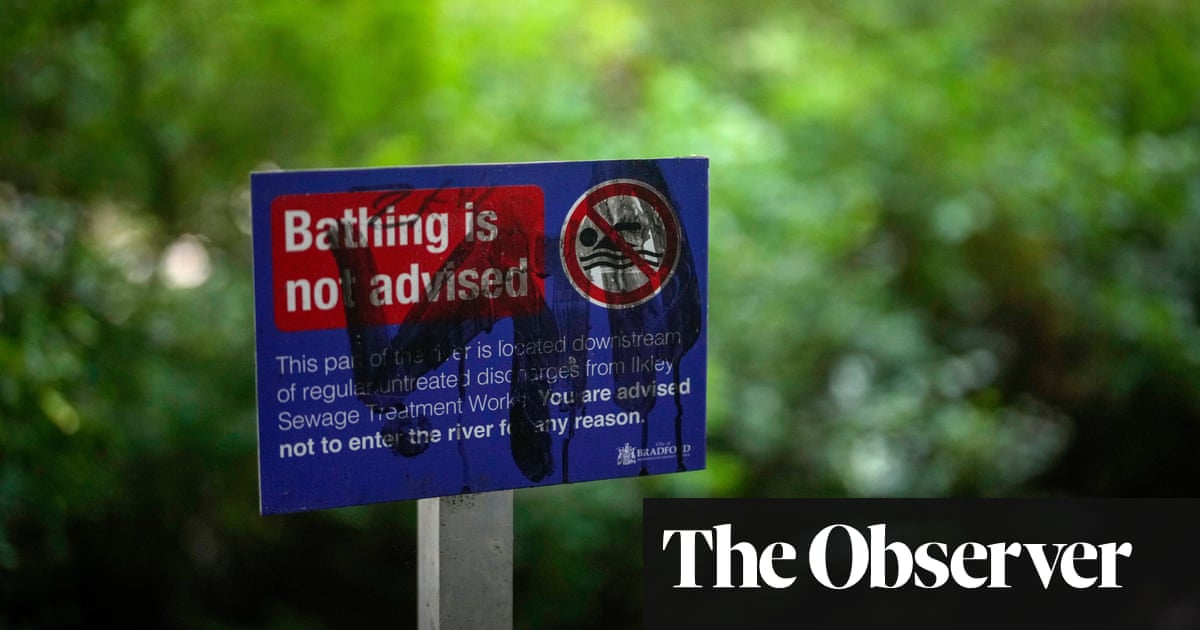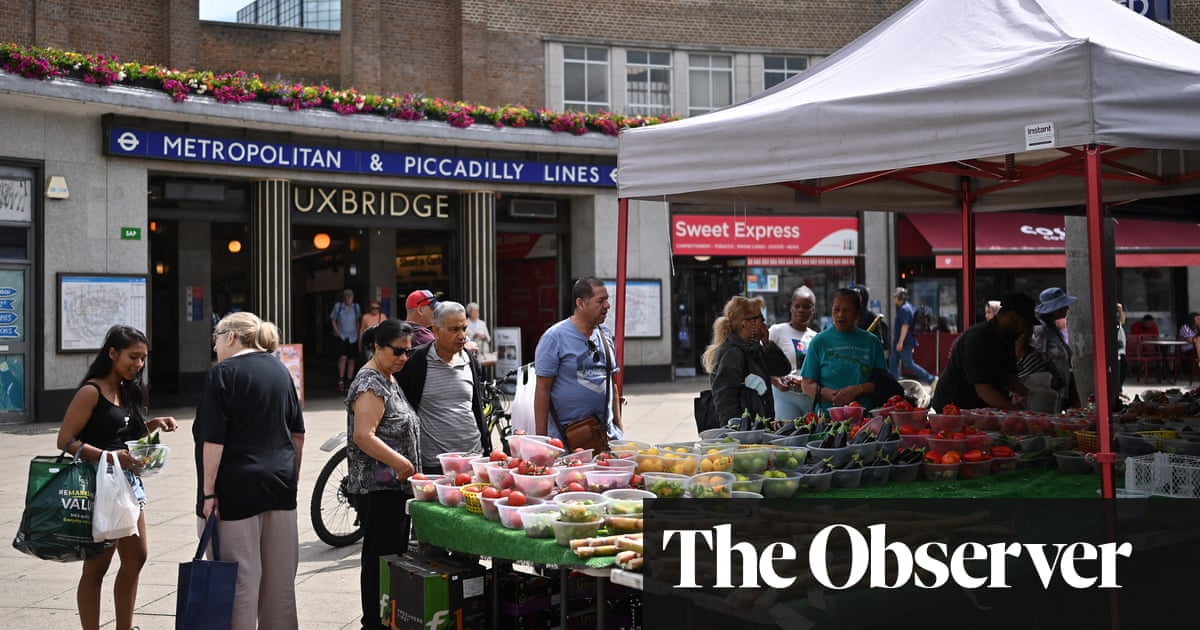
Just 4% of Conservative voters are switching to Labour almost a year into Keir Starmer’s leadership, polls suggest, and Labour insiders fear the party could lose a slew of council seats in May’s local elections.
Labour officials have been briefing that a “standstill” result, where the party gains no seats and minimises losses, would be a good outcome.
One source said internal party projections in March 2020, in the wake of Boris Johnson’s landslide general election victory, suggested the party would lose 400 council seats and lose control of some local authorities, including Plymouth, Amber Valley, and Harlow. Elections in May 2020 were subsequently cancelled because of the coronavirus pandemic.
The party hopes it can avoid such big losses this May but it does not expect to make gains. “There are no sign in any of the polling we have seen that we are going to make any advances whatsoever,” a senior Labour source said.
Of the constituencies that Labour lost to the Conservatives in 2019, 37 have council seats up for election this year.
Shadow ministers have been warned that the party’s 20-point poll advance has come from cannibalising the Liberal Democrat vote, as that party languishes in single figures. “Put simply, we are winning back nowhere near enough Tory voters,” a senior source said.
Strategists have also told shadow ministers that the party’s finances are in a perilous state – a situation that could worsen due to numerous court actions against the party.
Starmer has been criticised by some on the left of the party for moderating some criticism of the government during the pandemic. Supporters are likely to want to see Labour make some gains at the expense of a party in government that has overseen one of the worst death tolls in Europe in the pandemic.
Strategists’ internal verdict that the party is not doing enough to win back Conservative voters is likely to raise alarm among the party’s leftwingers, who have already rebelled on issues including defence.
The 2021 elections are set to be the biggest in years. There are a number of key mayoral races, in London, the east Midlands, Bristol, and Tees Valley.
Seats will be up for election in more than 140 county councils, district councils and unitary authorities, including 118 councils where this should have happened in 2020. There are also elections in the Scottish and Welsh parliaments.
However, turnout is expected to be extremely low, given the pandemic and public uncertainty about whether the polls will even take place.
Internal polling presented to the shadow cabinet two weeks ago suggested Labour will struggle to win the Tees Valley mayoral seat, now held by the Tory Ben Houchen, which had been seen as a bellwether for Labour’s resurrection in north-east England. The private research suggested the Conservatives could win with 66% of the first round of voting, a devastating result for Labour.
Labour is more confident it may take the West of England mayoralty – covering parts of South Gloucestershire, and Bath and North East Somerset – from the Conservatives, in a sign of how the party’s voter base may be shifting towards the southern middle classes. There is also some slim hope of the party taking the Cambridgeshire and Peterborough mayoralty.
Many of the council seats to be contested are in the areas that caused the most devastating blows for Labour in the 2019 election, when the Conservatives managed a huge sweep in the north of England in places held by Labour for many decades.
Labour lost control of Bolsover district council in 2019 and the Tories also won the parliamentary seat. Labour expects the pattern to continue there. Council seats are also up for election in West Bromwich, where both parliamentary seats were taken by the Conservatives, including the seat of Labour’s former deputy leader Tom Watson.
Labour expects to come third in the Scottish parliament elections, losing dozens of seats to the SNP. There are areas of deep concern in Wales too, particular in the north where Labour is defending areas that have turned Conservative in Westminster. It has to defend a number of slim majorities against Plaid Cymru.












